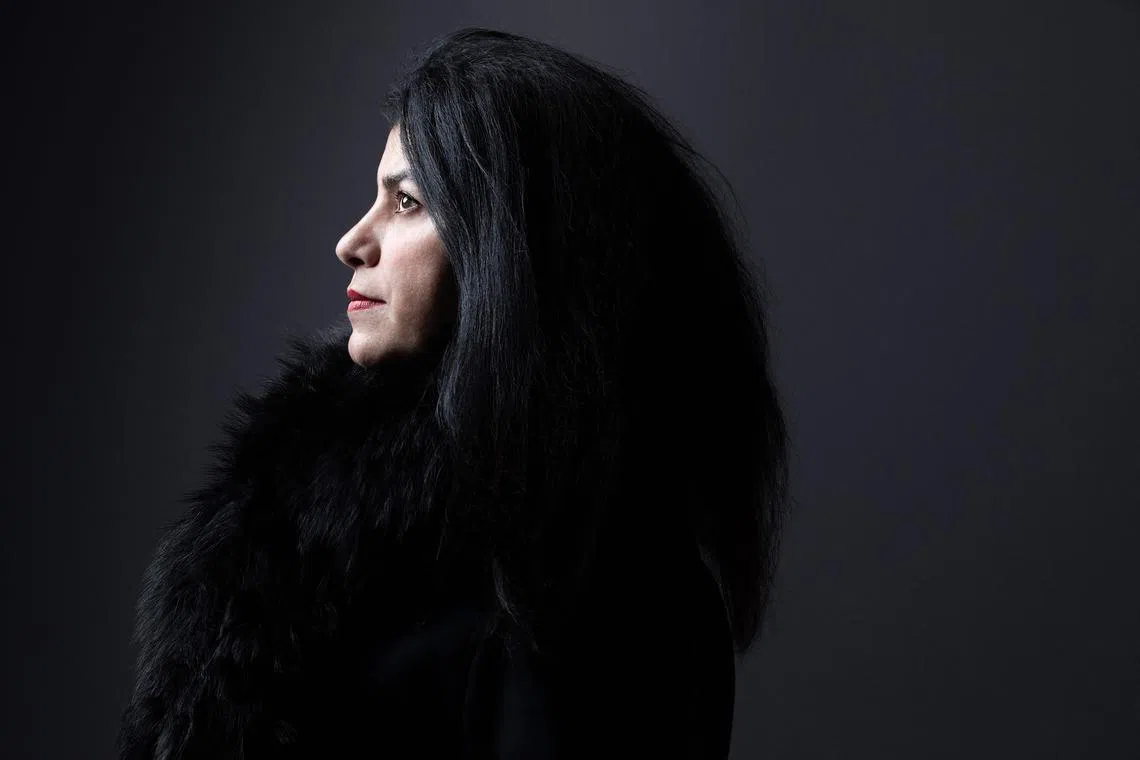Persepolis author Marjane Satrapi refuses France’s highest award over Iran ‘hypocrisy’
Sign up now: Get ST's newsletters delivered to your inbox

Marjane Satrapi said she would not accept France’s highest award at a ceremony planned later in January.
PHOTO: AFP
PARIS – French-Iranian author and illustrator Marjane Satrapi, best known for the graphic novels Persepolis (2000 to 2003) and the 2007 film adaptation, has refused France’s Legion d’Honneur over the “hypocrisy” in its dealings with Iran.
In a letter to France’s culture minister posted on social media on Jan 13, Satrapi said she would not accept the country’s highest award at a ceremony planned later in January.
“I can’t ignore what I see as a hypocritical attitude towards Iran, which forged the other part of my identity,” she wrote, adding that she meant no disrespect to the award.
In a post on Instagram, the 55-year-old explained her thinking in more detail, citing France’s visa policies, which prevent dissidents leaving Iran for the European country.
“I can’t continue seeing the children of Iranian oligarchs come to spend their holidays in France, even become naturalised, while at the same time young dissidents have difficulty in obtaining a tourist visa to come to see what the country of the Enlightenment and human rights looks like,” she wrote.
Satrapi, an outspoken critic of Iran’s theocratic regime, arrived in France in 1994 and gained French nationality in 2006.
“When you have people who are fighting for democracy... you need to support them,” she told AFP on Jan 13.
She joins an illustrious list of French artists and intellectuals to have refused the Legion d’Honneur.
They include the late philosopher Jean-Paul Sartre and, more recently, Nobel Prize-winning author Annie Ernaux and left-wing economist Thomas Piketty.
Past controversial recipients of the state award include Russian President Vladimir Putin and deposed Syrian dictator Bashar al-Assad.
Persepolis recounts the story of Satrapi’s early life in Tehran, struggling under the restrictions imposed by Iran’s Islamic leadership after the 1979 revolution, before she is sent to Europe by her parents and begins a life in exile. AFP


